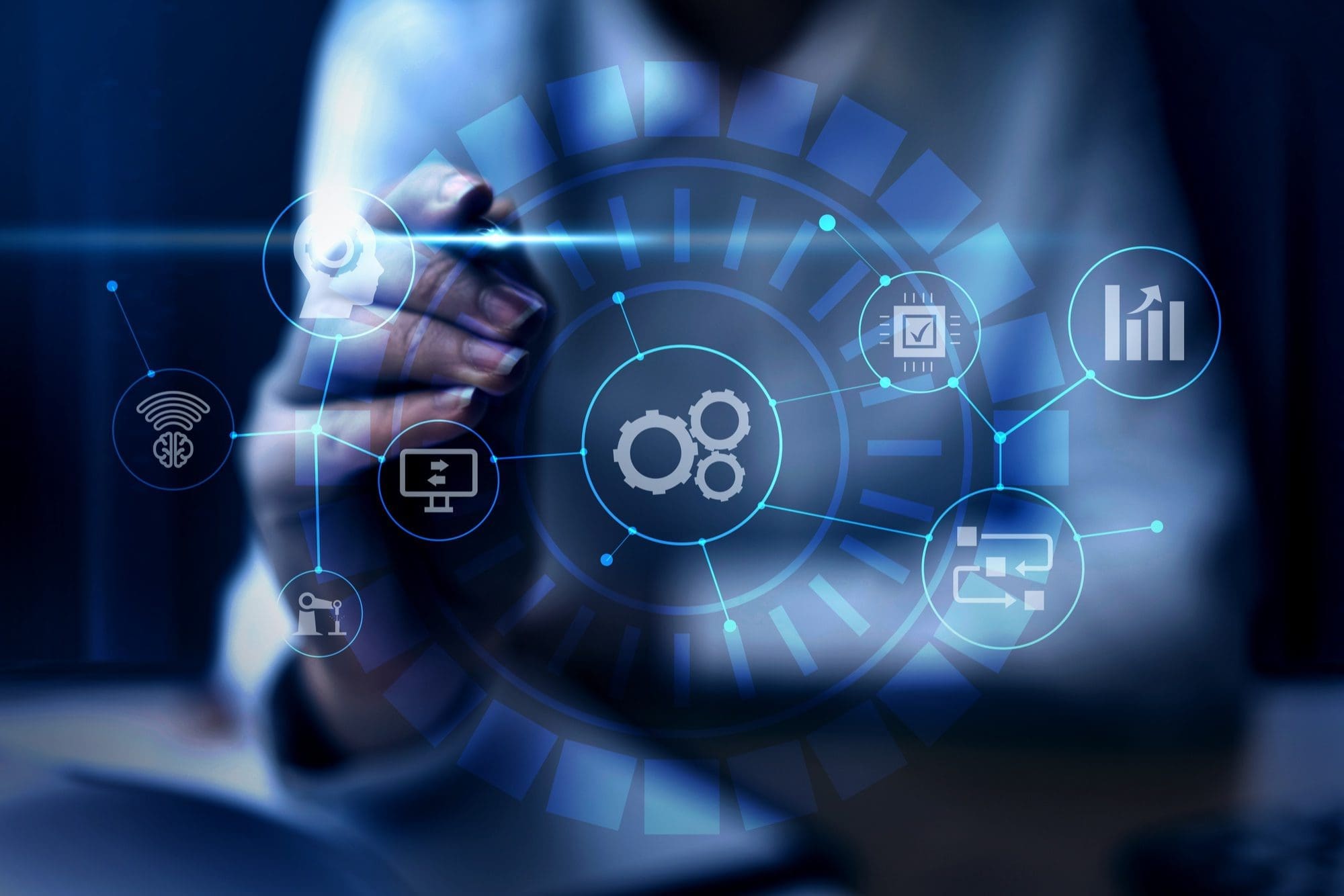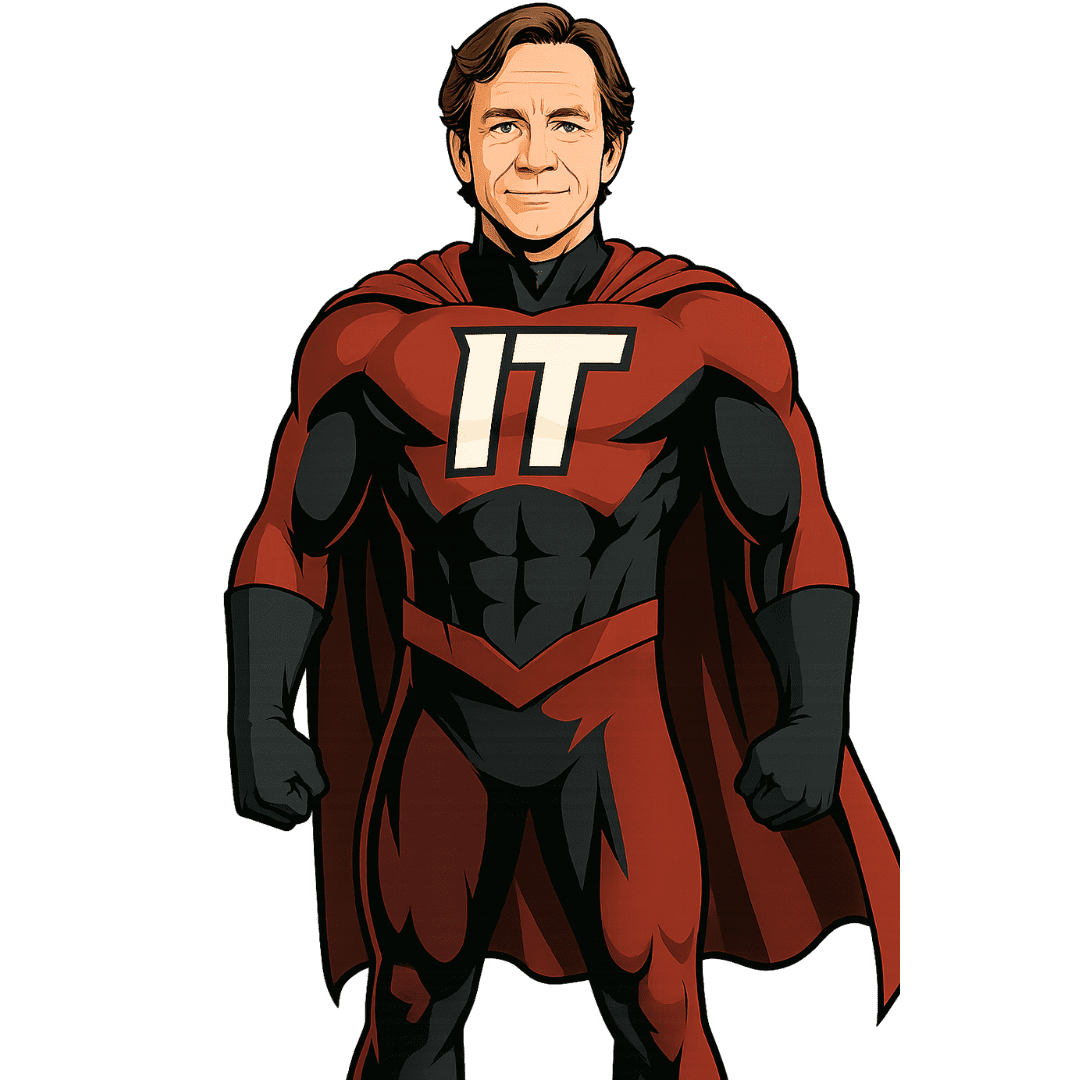Have you ever worried about data leak prevention and identity theft that continue to be a growing concern in our digital age? From LinkedIn to Yahoo!, no corner of the internet has been left untouched by cyber attackers looking for valuable personal information that they can leverage to gain access to company data which is exploited in ransomware attacks.
Despite all this, many people still act uninterested or unaware when it comes to protecting their privacy online. This has been leaving cybersecurity specialists and small business owners alike scratching their heads over how these consumers can remain so blasé about such an important issue. In this blog post, we’ll explore data leak prevention and why you should be very concerned about it.

Oversharing. Why don’t people value privacy anymore?
In the age of social media, privacy has become a commodity that is increasingly harder to retain. Our personal data is being shared more freely than ever before, with little consideration for the potential consequences of such sharing. From giving away our location to using facial recognition technology, people are allowing companies and governments to track our movements and access large amounts of information with ease. This erosion of privacy has led to the rise of various security and privacy issues, with data breaches becoming an ever-increasing problem in today’s digital world. As a result, it is important for us to be aware of how much personal information we are exposing and to take steps toward protecting our data as much as possible.
“It’s apathy. And with the statistics tell us that 43% of businesses have a bad case of helplessness when it comes to cybersecurity. But, the truth is: once private personal and/or company data is out there, you can’t stop the flow of it,” says Tom Kirkham, CEO & Founder of Kirkham IronTech.
When it comes to data leak prevention on social media, always make sure to review the privacy settings of each platform before you post. Many platforms – such as Facebook, Twitter, and Instagram – allow users to further customize their privacy settings. While it may seem tedious, taking the time to review these settings can ensure that your information is only being shared with those you want to share it with. Additionally, be mindful of what type of information you are sharing. Even if your account is private, sensitive, or personal information should not be shared publicly or with accounts you do not personally know or trust. Finally, it’s also important to remember that once something has been posted online, it can never truly be removed – so think twice before posting.
How do data breaches affect businesses?
“There’s a statistic that says, about half the population just doesn’t know where to go to get good cybersecurity defenses. And then if you combine that with just the sheer bombardment of news that we hear about another data breach, another data breach, 50 million people 100 million, the big hospitals, insurance companies, the list goes on and on and on… People feel helpless against this seemingly invisible threat. And why bother, right? But the problem is, more likely than not these companies that have data breaches are not making security job number one,” warns Tom.
Companies should develop and implement cybersecurity training programs hand in hand with cybersecurity experts. Without the proper expertise, these efforts are often in vain. The focus must be on teaching employees to be alert and aware of potential risks. This can include providing basic education on online security measures, such as proper password management, safe sharing practices, and recognizing potential phishing scams. Companies should promote an open corporate culture that encourages employees to ask questions or report suspicious activities. Consider implementing incentives or rewards to help motivate employees in protecting the company’s data. By taking these steps, companies can help ensure their employees have the tools they need to uphold secure cybersecurity best practices.

How can companies and individuals improve their data leak prevention processes?
“It’s education. Raising awareness is a huge challenge for those of us in the industry. That’s what I spend all my days doing. Day in and day out. I’m just doing my small part to increase cybersecurity awareness to try to get us all better protected,” says Tom.
Education and cybersecurity training can help prevent data breaches by improving user awareness. By providing employees with the knowledge to recognize potential threats, they can be better equipped to identify malicious activity and respond accordingly. Additionally, companies can provide access to security training programs that can direct users towards safe online practices in order to minimize the risk of a data breach. Implementing these measures can also help ensure that employees are prepared to handle any security-related issues quickly and efficiently, leading to fewer risks of data breaches. This is especially important for remote work security.
“If everybody treated security seriously, and they put the right procedures and practices and tools in place, ransomware and all of these other cyber attacks would be practically gone. It’s about immunizing your computer better. Anti-viruses just do not cut it. If your personal data is stolen and leaked on the dark web, do not expect the FBI to come knocking on your door with a solution. They won’t. Once your identity is stolen, it can cause irreparable damage to you and your assets. Prevention is key,” says Tom.
Wrapping up – Data Leak Prevention and Why You Should Care
Many social media users may feel apathetic towards online privacy or the risks of a data breach due to a lack of awareness. With so much content being shared on social media, it can be easy for users to forget about the importance of their personal information and the potential repercussions of a data breach. Additionally, many platforms have made it easier for users to quickly share content without taking the time to review privacy settings or understand who they are sharing information with.
As users become more aware of the potential implications of their online activities, they will be better equipped to make decisions that improve their data leak prevention and protect personal information. A mindset shift should strive to recognize the importance of being mindful of where you share your private data and who has access to it. It is also important for users to familiarize themselves with the security and privacy settings on various platforms in order to properly secure their personal information. By taking the necessary steps to protect your online presence, you can help reduce the risk of a data breach.
Unfortunately, too many casual users may not realize the gravity of their actions until it is too late. This is why it is important to educate yourself on cyber security measures and stay vigilant whenever you’re online.

 Tom Kirkham brings more than three decades of software design, network administration, and cybersecurity knowledge to organizations around the country. During his career, Tom has received multiple software design awards and founded other acclaimed technology businesses.
Tom Kirkham brings more than three decades of software design, network administration, and cybersecurity knowledge to organizations around the country. During his career, Tom has received multiple software design awards and founded other acclaimed technology businesses.
